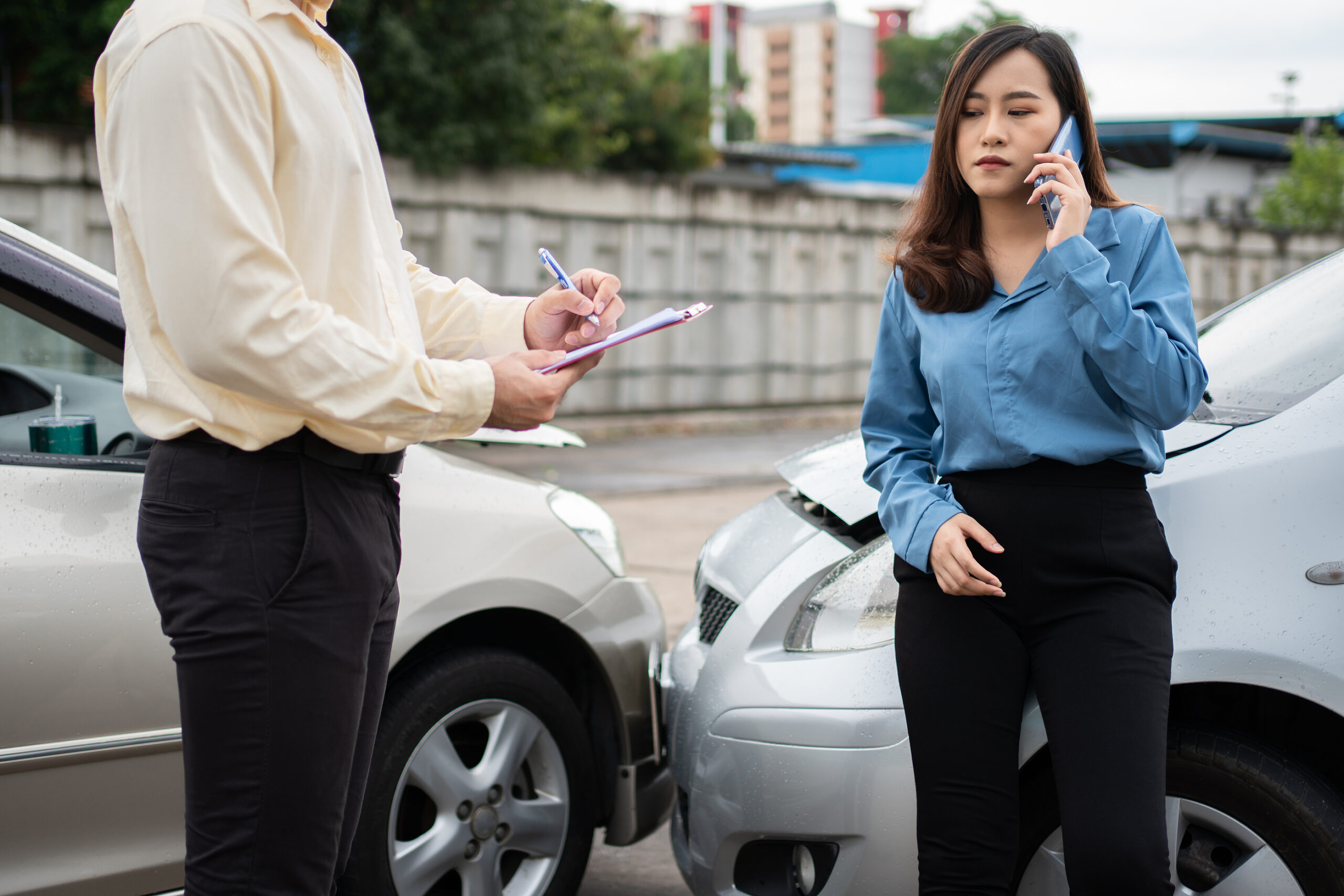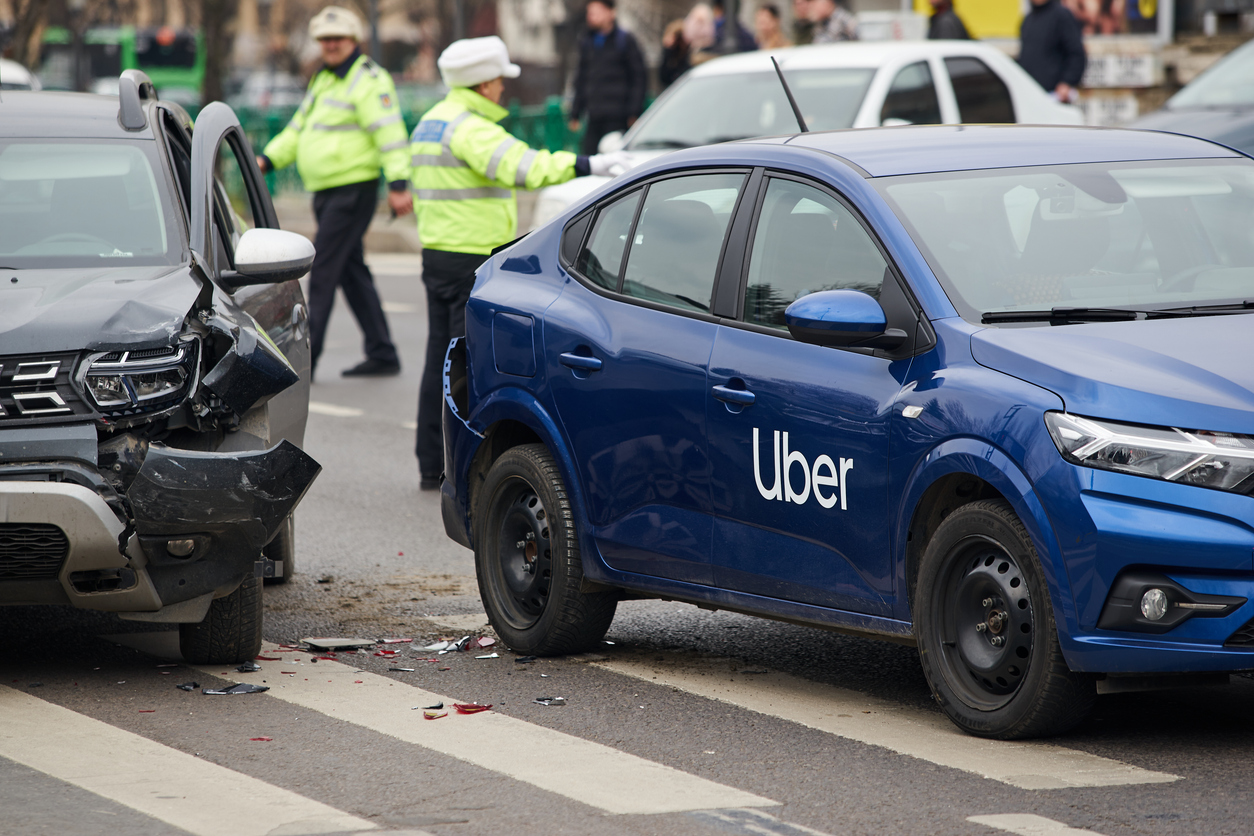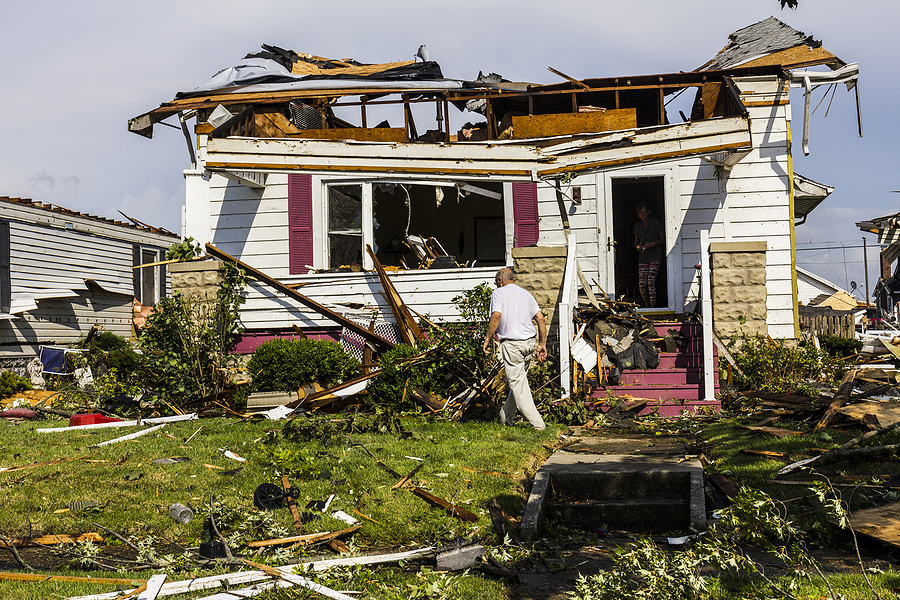Car accidents are stressful enough without the added challenge of dealing with insurance disputes. In Florida, a no-fault state, insurance processes can be complex, leaving drivers confused about their rights and responsibilities. Whether you’re facing delayed payments, denied claims, or disagreements over damages, knowing how to navigate these challenges is essential to protecting your interests.
Understanding Florida’s No-Fault Insurance System
Florida’s no-fault system requires drivers to carry Personal Injury Protection (PIP) insurance. This coverage ensures that, after an accident, your insurance pays for medical expenses and lost wages up to your policy limits, regardless of fault. While this system aims to simplify the claims process and reduce litigation, it often leads to disputes when PIP benefits don’t cover all costs or when insurers disagree on the extent of damages.
It’s important to understand that PIP doesn’t cover property damage. For vehicle repairs or replacements, you’ll need property damage liability (PDL) coverage. If the at-fault driver’s insurance is inadequate, disputes can arise about who pays for what.
Steps to Take Immediately After the Accident
Handling an insurance dispute starts with the steps you take immediately after a car accident. First, ensure everyone involved is safe and call the authorities. Florida law requires reporting accidents that result in injury, death, or significant property damage. A police report becomes an important piece of evidence in any insurance dispute.
Next, document the accident scene thoroughly. Take photos of vehicle damage, injuries, and the surrounding area. Exchange contact and insurance information with the other driver, but avoid admitting fault, even casually. Seek medical attention promptly, as delaying treatment can affect both your recovery and your claim.
File Your Insurance Claim Quickly
Florida law requires that you seek medical care within 14 days of an accident to access PIP benefits. Once you’ve received initial treatment, notify your insurer and file a claim. Providing accurate and detailed information upfront can help prevent delays or misunderstandings. Include the police report, medical records, and any receipts related to your expenses.
Insurers are required to handle claims promptly, but disputes can arise if they delay or deny payments.
Common Types of Insurance Disputes
Insurance disputes come in many forms. One common issue is claim denial, where insurers argue that your policy doesn’t cover the damages you’re seeking. For example, they might claim your injuries aren’t accident-related or that the treatment was unnecessary.
Another frequent dispute involves the value of damages. Insurers may undervalue your vehicle or dispute the cost of repairs. Similarly, delays in payment can leave you struggling to cover medical bills or car repairs while awaiting resolution.
Disputes with Third-Party Insurers
When the other driver is at fault, you might need to file a claim with their insurance. These third-party claims can lead to additional disputes, as their insurer has no obligation to prioritize your interests. Challenges include low settlement offers, delays, or outright refusals to pay.
How to Resolve an Insurance Dispute
Resolving an insurance dispute requires persistence and knowledge of your rights. Start by reviewing your insurance policy to understand the coverage limits and exclusions. Policies can be dense, but focusing on the sections related to PIP and property damage will clarify what you’re entitled to.
If your insurer denies a claim, request a detailed explanation in writing. Florida law requires insurers to provide reasons for denials, which can help you identify any gaps in your documentation or misunderstandings. Addressing these issues as soon as possible can sometimes resolve the dispute without further action.
Negotiation and Mediation
If an informal resolution doesn’t work, consider negotiating with your insurer. Be prepared to provide evidence supporting your claim, such as repair estimates, medical bills, or expert opinions. In some cases, mediation can be an effective way to reach an agreement. Florida offers state-sponsored mediation programs for insurance disputes, providing a neutral third party to facilitate discussions between you and the insurer.
When to Involve an Attorney
Sometimes, disputes escalate to a point where professional legal assistance is necessary. If your claim involves significant damages, severe injuries, or bad faith actions by the insurer, consult an attorney experienced in Florida insurance law. They can help you navigate the complexities of your case, advocate for fair compensation, and, if needed, represent you in court.
Signs You Need Legal Help
You might need an attorney if your insurer refuses to pay legitimate claims, pressures you into accepting a low settlement or fails to communicate. Additionally, cases involving uninsured or underinsured motorists can quickly become complicated, making legal guidance invaluable.
Tips to Prevent Future Disputes
While you can’t always avoid disputes, certain practices can reduce the likelihood of them occurring. Regularly review your insurance policy to ensure adequate coverage, including PIP, PDL, and optional uninsured motorist protection. Document every detail of an accident, and seek prompt medical care to support your claim.
Maintaining organized records of all communication with your insurer is equally important. Save emails, letters, and notes from phone calls, including dates and names of representatives you spoke with. These records can be crucial if a dispute arises.
Seek Legal Support
Dealing with insurance disputes after a car accident in Florida can be challenging, but understanding the process and knowing your rights can make all the difference. By acting promptly, documenting thoroughly, and seeking help when needed, you can navigate these situations with confidence.
Remember, insurance companies are businesses, and their primary goal is to minimize payouts. Advocating for yourself, armed with the right knowledge and resources, ensures you stand the best chance of achieving a fair outcome. If you’re facing insurance disputes after your accident, call GONZ.LAW Group today at 561-639-7858 to schedule a free consultation with our team.



